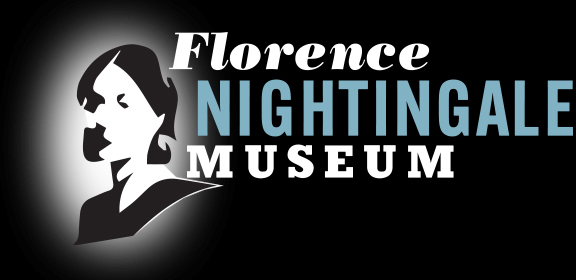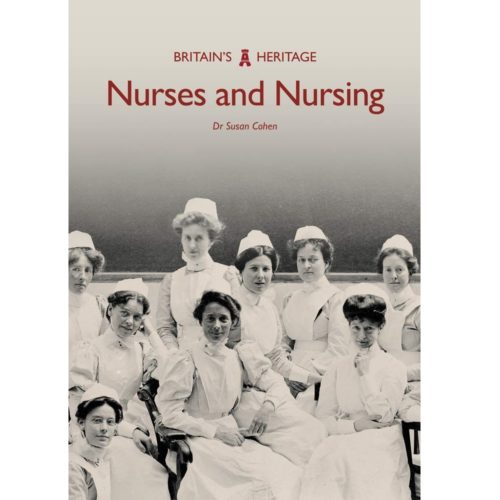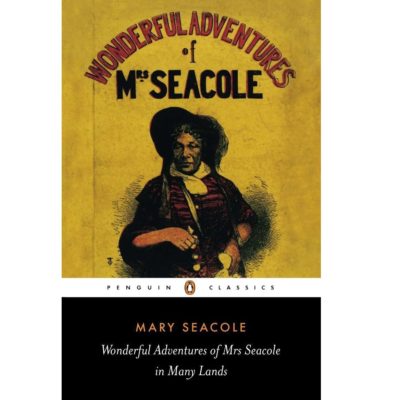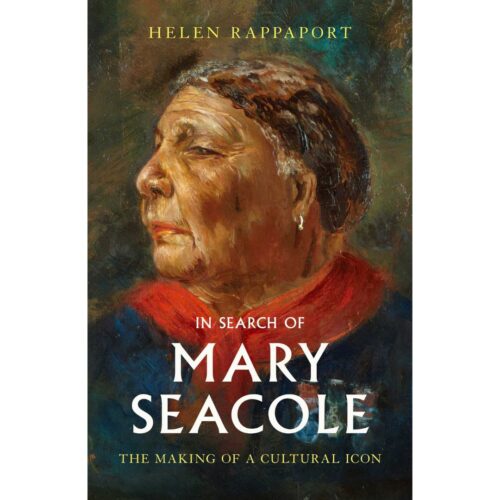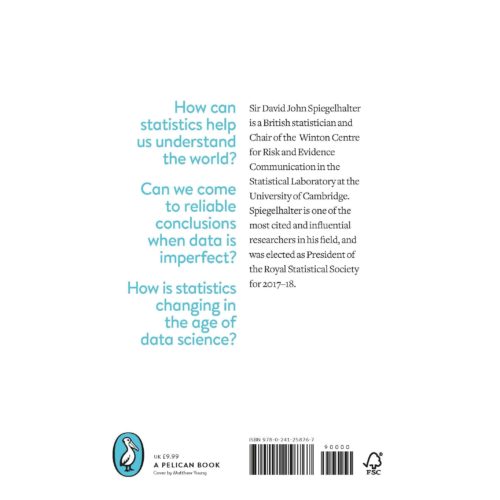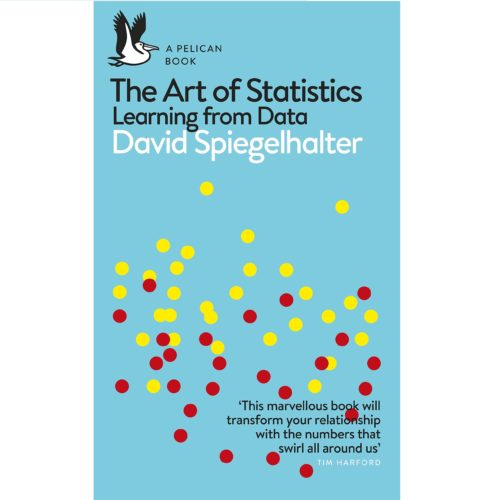-
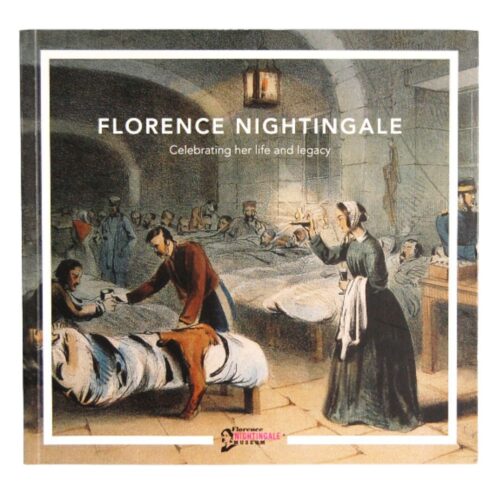 The Florence Nightingale Museum Souvenir guidebook Illustrated, and in full colour, this guidebook gives a brief introduction to the museum, Florence Nightingale's life, the Nightingale Training School and the Florence Nightingale Foundation. This guide is, in fact, a venture between the foundation and the museum.
The Florence Nightingale Museum Souvenir guidebook Illustrated, and in full colour, this guidebook gives a brief introduction to the museum, Florence Nightingale's life, the Nightingale Training School and the Florence Nightingale Foundation. This guide is, in fact, a venture between the foundation and the museum. -
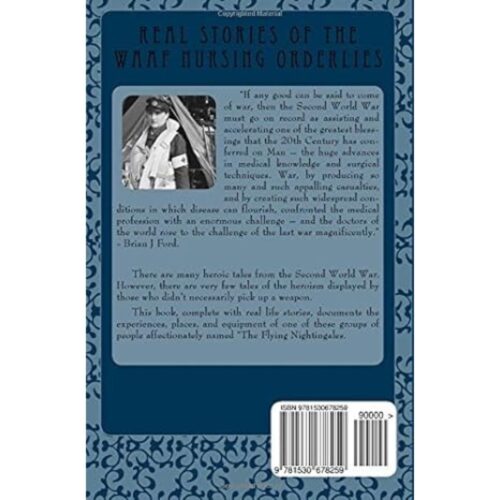
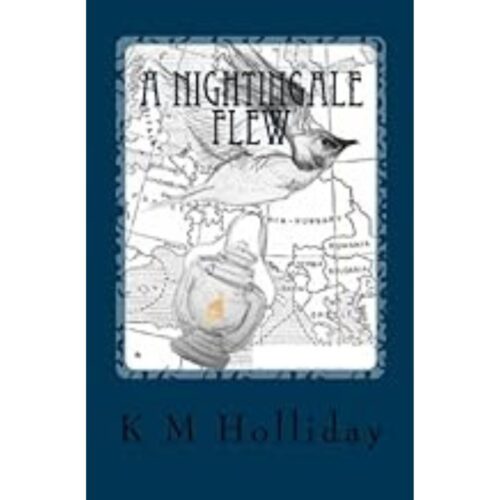 There are many heroic tales from the Second World War. However, there are very few tales of the heroism displayed by those who didn’t necessarily pick up a weapon. These women offered lifesaving treatment, keeping men alive so they could undergo the operations and procedures they needed to keep them that way. This book, complete with real life stories, documents the experiences, places, and equipment of one of these groups of people affectionately named “The Flying Nightingales.
There are many heroic tales from the Second World War. However, there are very few tales of the heroism displayed by those who didn’t necessarily pick up a weapon. These women offered lifesaving treatment, keeping men alive so they could undergo the operations and procedures they needed to keep them that way. This book, complete with real life stories, documents the experiences, places, and equipment of one of these groups of people affectionately named “The Flying Nightingales. -
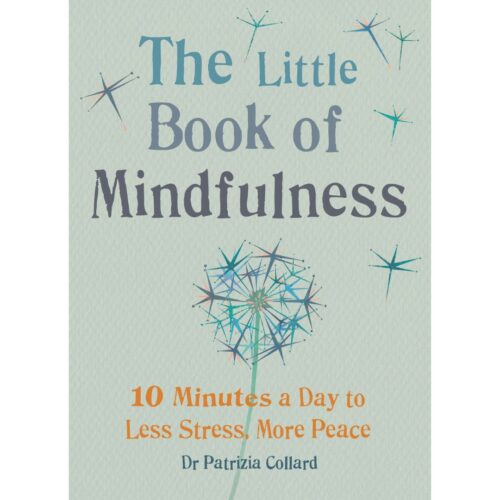 Mindfulness is the easy way to gently let go of stress and be in the moment. It has fast become the slow way to manage the modern world – without chanting mantras or finding hours of special time to meditate, so bring these simple 5- and 10-minute practices into your day to find freedom from stress and ultimately, more peace in your life.
Mindfulness is the easy way to gently let go of stress and be in the moment. It has fast become the slow way to manage the modern world – without chanting mantras or finding hours of special time to meditate, so bring these simple 5- and 10-minute practices into your day to find freedom from stress and ultimately, more peace in your life. -
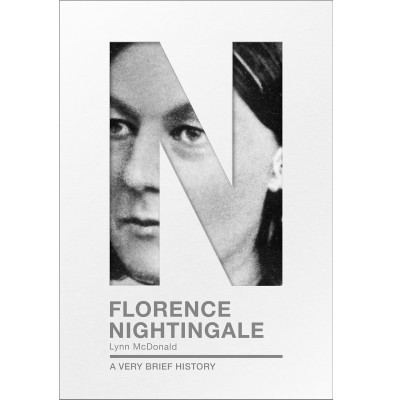 Concise historical introduction to Florence Nightingale and her continuing influence on the world. Florence Nightingale is widely known as the founder of modern nursing. She is also a brilliant and highly influential social reformer. Written by a world authority, this brief history explores Nightingale’s background and motivations. It also offers an informed assessment of the scale and significance of her legacy. It has been called timely and important by Alasdair Redfern, Bishop of Derby 2005-2018.
Concise historical introduction to Florence Nightingale and her continuing influence on the world. Florence Nightingale is widely known as the founder of modern nursing. She is also a brilliant and highly influential social reformer. Written by a world authority, this brief history explores Nightingale’s background and motivations. It also offers an informed assessment of the scale and significance of her legacy. It has been called timely and important by Alasdair Redfern, Bishop of Derby 2005-2018. -
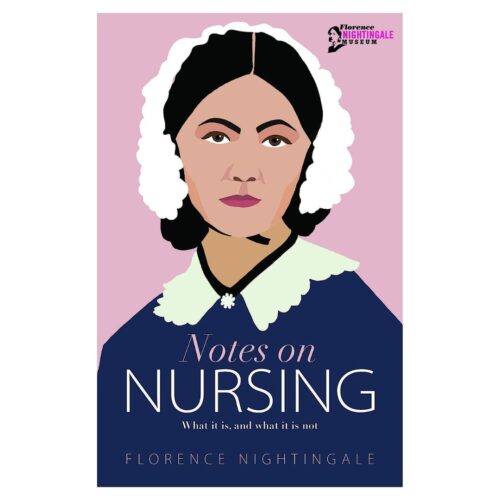 Florence Nightingale’s seminal work, the classical historical nursing text. Florence Nightingale wrote Notes on Nursing to help ordinary women care for their families. Translated into over ten languages, and never out of print since its first appearance, this really is the classic nursing text. Over 160 years later much of the advice given continues to be pertinent in the extreme, especially in the light of the recent global pandemic. Published in conjunction with - and including a foreword by - the Florence Nightingale Museum. The cover of this edition is exclusive to the museum.
Florence Nightingale’s seminal work, the classical historical nursing text. Florence Nightingale wrote Notes on Nursing to help ordinary women care for their families. Translated into over ten languages, and never out of print since its first appearance, this really is the classic nursing text. Over 160 years later much of the advice given continues to be pertinent in the extreme, especially in the light of the recent global pandemic. Published in conjunction with - and including a foreword by - the Florence Nightingale Museum. The cover of this edition is exclusive to the museum. -
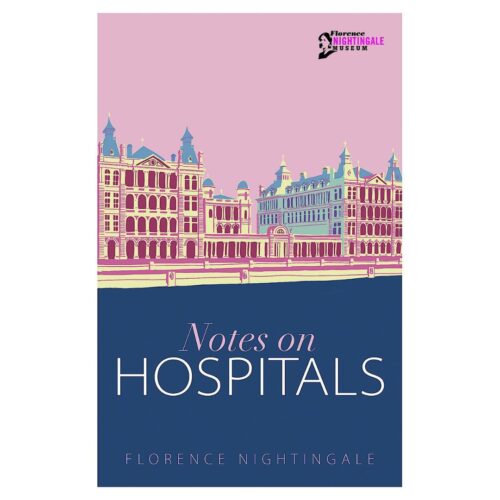 In this classic historical text on hospitals - featuring a foreword by the Florence Nightingale Museum - Nightingale reveals her passion for good hospital architecture and design. At Scutari she saw first-hand the harm which can be caused by inadequate and poorly designed hospital buildings. Nightingale openly criticised designs which she thought might lead to higher infection rates, and therefore patients' deaths. Published in conjunction with the Florence Nightingale Museum, the cover of this edition is exclusive to the museum.
In this classic historical text on hospitals - featuring a foreword by the Florence Nightingale Museum - Nightingale reveals her passion for good hospital architecture and design. At Scutari she saw first-hand the harm which can be caused by inadequate and poorly designed hospital buildings. Nightingale openly criticised designs which she thought might lead to higher infection rates, and therefore patients' deaths. Published in conjunction with the Florence Nightingale Museum, the cover of this edition is exclusive to the museum. -
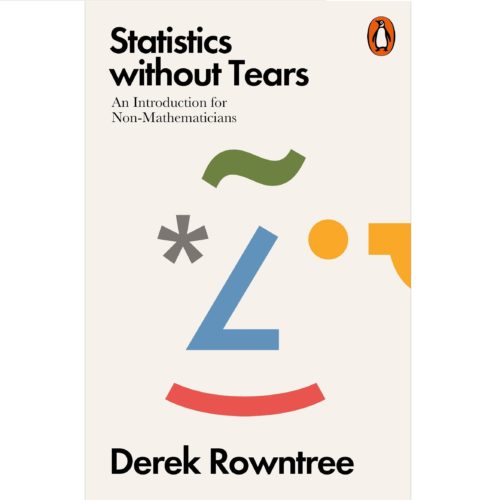 The classic guide, now fully revised and updated. Why do we need Statistics? What do terms like ‘dispersion’, ‘correlation’, ‘normal distribution’ and ‘significance’ actually mean? How can I learn how to think statistically? This bestselling introduction is for anyone who wants to know how statistics work and the powerful ideas behind it.
The classic guide, now fully revised and updated. Why do we need Statistics? What do terms like ‘dispersion’, ‘correlation’, ‘normal distribution’ and ‘significance’ actually mean? How can I learn how to think statistically? This bestselling introduction is for anyone who wants to know how statistics work and the powerful ideas behind it. -
Out of stock
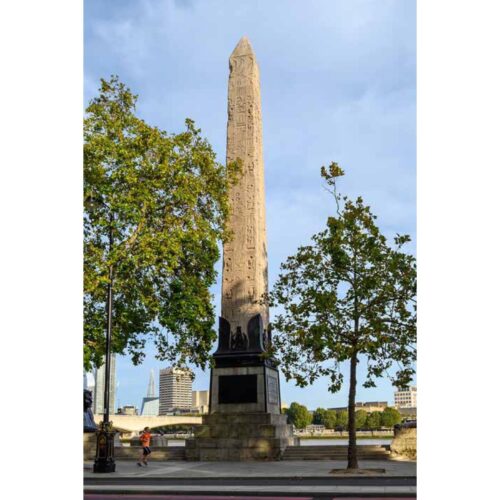
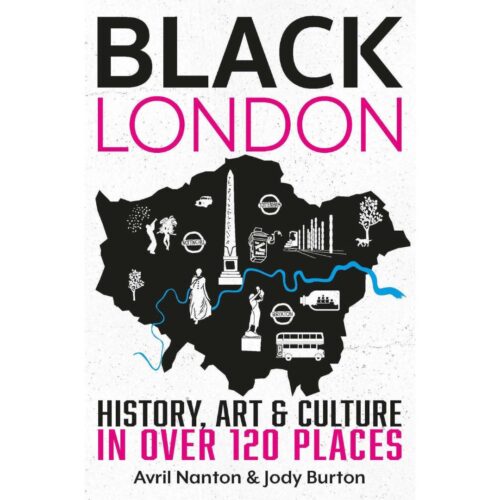 Discover the people, places, and landmarks that make London a truly global, modern city. London is a city justly proud of its cultural diversity, yet for too long the focus has been on mainstream history. Black London is a complete guide that shines a new and much-needed light on the rich Black history of London's inhabitants and beyond.
Discover the people, places, and landmarks that make London a truly global, modern city. London is a city justly proud of its cultural diversity, yet for too long the focus has been on mainstream history. Black London is a complete guide that shines a new and much-needed light on the rich Black history of London's inhabitants and beyond.
